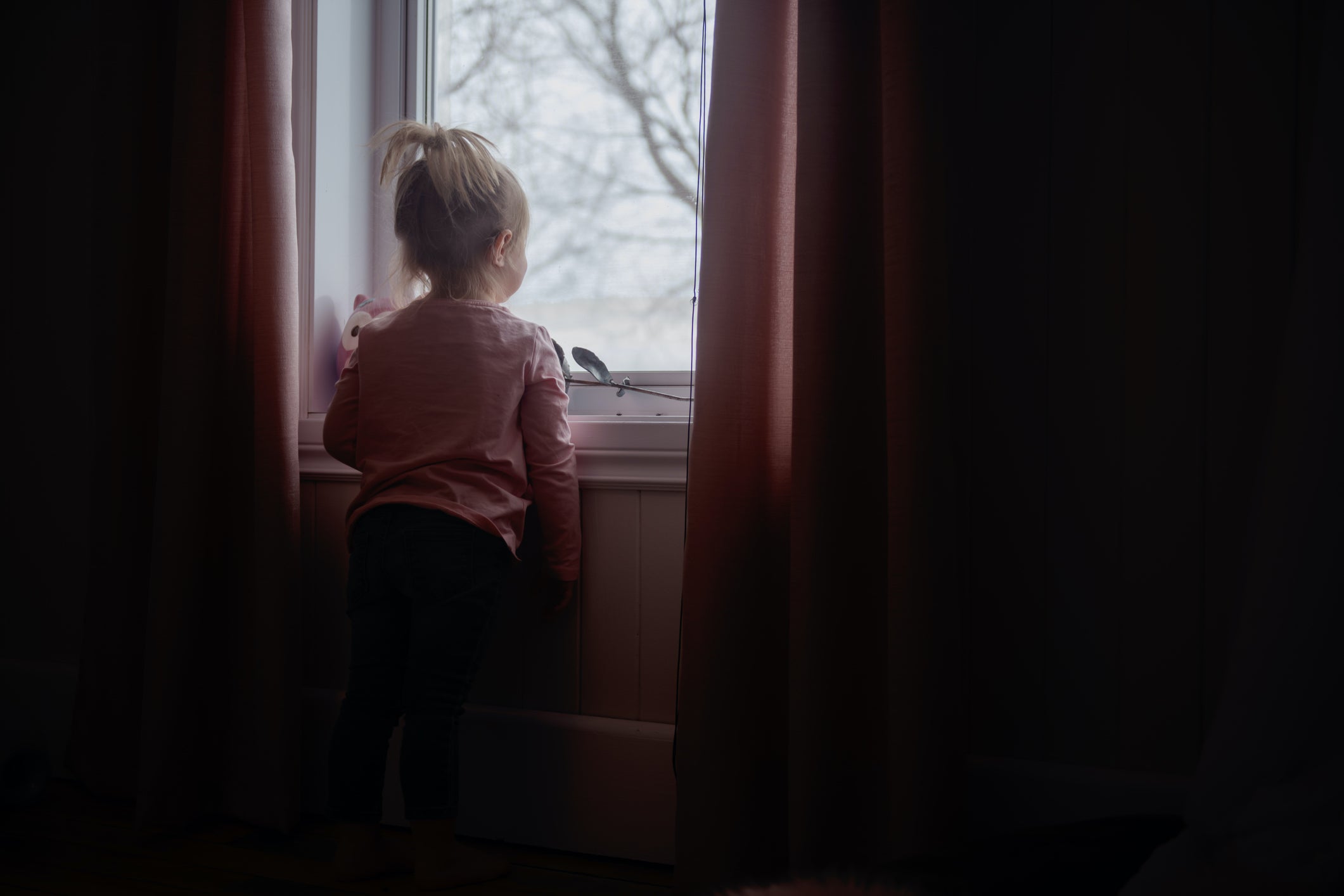Low earners more likely to be racking up debt in pandemic as fears people are plunging into ‘deeper poverty’
‘When a crisis hits, the most exposed should get the most protection. But many low-paid workers are struggling,’ says TUC general secretary

Your support helps us to tell the story
From reproductive rights to climate change to Big Tech, The Independent is on the ground when the story is developing. Whether it's investigating the financials of Elon Musk's pro-Trump PAC or producing our latest documentary, 'The A Word', which shines a light on the American women fighting for reproductive rights, we know how important it is to parse out the facts from the messaging.
At such a critical moment in US history, we need reporters on the ground. Your donation allows us to keep sending journalists to speak to both sides of the story.
The Independent is trusted by Americans across the entire political spectrum. And unlike many other quality news outlets, we choose not to lock Americans out of our reporting and analysis with paywalls. We believe quality journalism should be available to everyone, paid for by those who can afford it.
Your support makes all the difference.Low earners are more likely to have been pushed into curbing their spending and racking up debt during the Covid crisis – raising fears people are plunging into “deeper poverty”, research has found.
The report, carried out by the Trades Union Congress (TUC), discovered half of low-paid workers have endured a loss in their income during the public health crisis, in comparison to 29 per cent of high earners.
Researchers at the trade union classed annual earnings below £15k as being low paid and high earners being those who take home more than £50k each year.
Frances O’Grady, TUC general secretary, said: “When a crisis hits, the most exposed should get the most protection. But many low-paid workers are struggling through the pandemic on less money and with higher costs. And they are falling into deeper poverty and debt.
“Good government means stepping in to help. The chancellor should help by extending furlough to the end of the year, with a guarantee that support will never be less than minimum wage. And last year’s boost to universal credit should be kept – permanently.”
Ms O’Grady noted many poorly paid people are key workers who “have kept our country going” during the crisis - as she argued that we “owe it to them to build a fairer economy” in the wake of Covid upheaval.
She added: “The chancellor should give Britain a workers’ budget next month. It should be a plan for full employment, with decent pay and job security for every worker.”
The union states low-paid employees have fared worse during the pandemic due to working in precarious insecure forms of employment with zero-hours contracts – resulting in them having zilch protection if their hours are curbed.
The union’s suggestions for the budget include lengthening the job retention scheme to the end of 2021, a “wage floor” within the scheme to stop furlough pay plummeting beneath the minimum wage, stopping the five-week wait for new universal credit claimants to receive their first stipend of money. Researchers also called for investment in job creation among a slew of other recommendations to stem surging levels of unemployment.
Researchers found over a third of employees said their household had seen a reduction in disposable income since the Covid crisis started.
It comes after the TUC recently discovered black and minority ethnic (BME) workers have borne the brunt of job losses in the financial fallout of the Covid emergency – with the number in work nosediving by 26 times more than the fall in white workers during the same time.
Researchers found 8.5 per cent of BME workers were unemployed between July and September last year, which is a substantial rise of 7 per cent a year earlier.
Studies have found women have been over-represented in sectors most badly disrupted by lockdown measures such as hospitality, retail, leisure, tourism and the arts – with a report by the University of Exeter finding women were almost twice as likely as men to have lost their job during Covid’s first wave.
While another study found almost 700,000 people in Britain have been pushed into poverty in the wake of the health emergency, which means the total amount of Britons living below the poverty line is now 15 million – almost a quarter of the entire population.


Join our commenting forum
Join thought-provoking conversations, follow other Independent readers and see their replies
Comments